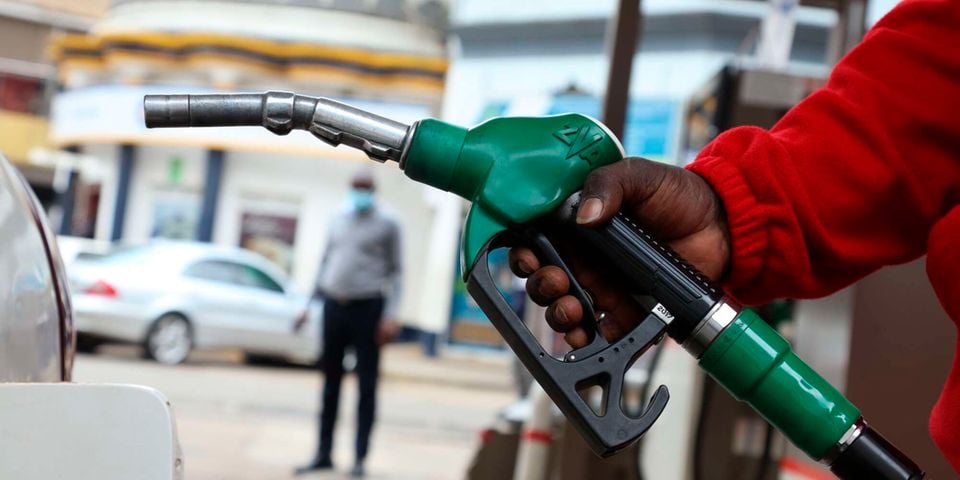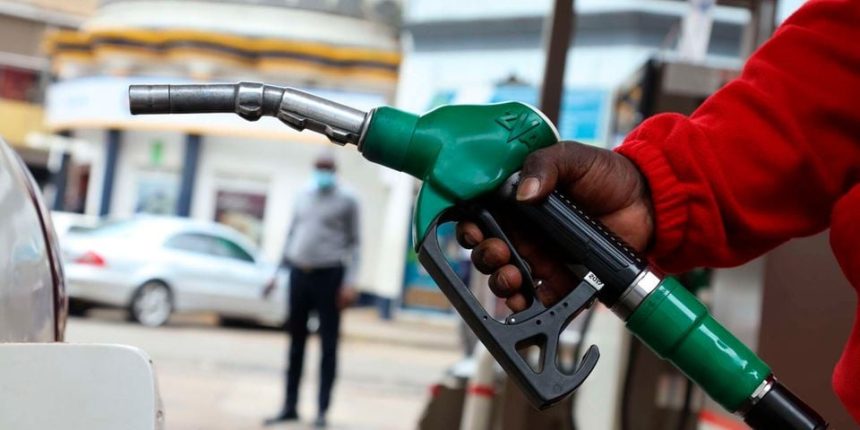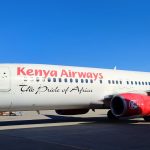Kenyans are overpaying for fuel after the Energy and Petroleum Regulatory Authority (Epra) failed to effect changes to two levies, as prescribed by the Finance Act 2023, in its latest review of pump prices.
Epra, in the rush to revise fuel prices to reflect the new taxes, retained the Import Declaration Fee (IDF) and Railway Development Levy (RDL) at the previous rates, in what has seen Kenyans pay illegal levies.
The Finance Act of 2023 amended the Miscellaneous Fees and Levies Act of 2016 to reduce IDF from 3.5 percent to 2.5 percent and RDL from 2.0 percent to 1.5 percent in what the state termed offsets to help cushion Kenyans from the anticipated fuel price spike following the doubling of Value Added Tax (VAT) from 8.0 percent to 16 percent from July 1.
The omission by Epra means that Kenyans have taken a heavier hit than they should have from the latest pump price review which saw Epra revise the prices of super petrol, diesel and kerosene upward by Sh13.49, Sh12.29 and Sh11.96, respectively.
A Business Daily analysis of the price breakdown released by Epra on Friday shows that the market regulator is charging motorists an IDF of Sh3.40, Sh3.33 and Sh3.32 per litre of super petrol, diesel and kerosene, respectively, unchanged from the amount set during the June 14 price review.

Similarly, the market regulator left RDL unchanged at Sh1.94, Sh1.90 and Sh1.89 per litre of super petrol, diesel and kerosene, respectively.
Epra has not formally communicated why it has selectively applied the changes in the Finance Act 2023 but sources familiar with the matter indicate that this is because the price change effected on June 30 applies to stock that arrived in the country based on the June 14 review cycle.
“RDL and IDF are levies, not taxes. They are imposed based on the customs value of the goods imported into the country at a given time. So, we are dealing with stock that already arrived in the country and the two were determined based on the customs value. It is in the next review that Kenyans should expect to start seeing the impact of the reduction in IDF and RDL,” a person familiar with the matter said.
The Kenya Kwanza government is banking on the reduction in RDL and IDF to help tame the increase in inflation which is expected following the doubling of VAT on petroleum products.
In the latest review, pump prices will be highest in Mandera where a litre of super petrol, diesel and kerosene will now fetch Sh209.53, Sh193.67 and Sh187.44, respectively.
Prices will be lowest in Mombasa where super petrol, diesel and kerosene will cost Sh192.48, Sh176.63 and Sh170.40 respectively.
Failure to reduce RDL and IDF as provided in the Finance Act undermines the government’s plan to offset the burden brought about by the standard rating of VAT on petroleum products.
Inflation closed June 2023 at 7.9 percent, marginally lower than it closed in May.
“We have looked at all these factors in terms of where we expect inflation to be and we do think that on the issue of VAT on petroleum products obviously there also are offsetting factors. The Import Declaration Fee has been reduced from 3.5 percent to 2.5 percent. Similarly, the Railway Development Levy has also been reduced from 2 percent to 1.5 percent. So, this will mitigate any impact that may arise from VAT on fuel but we do expect some increase,” Central Bank of Kenya Governor Kamau Thugge told journalists in his debut monetary policy committee briefing on June 27.
The Kenya Kwanza government targets collecting Sh50 billion in additional tax revenue through the revision of VAT on petroleum products.
Read: Eyes on cheaper LPG as 13 firms seek Epra nod
This even as preliminary data from the Treasury show that collections from RDL are projected to decline by Sh3.6 billion to Sh33.3 billion in 2023/24 and that from IDF by Sh1.3 billion to Sh52.6 billion in the financial year ending June 2024.



